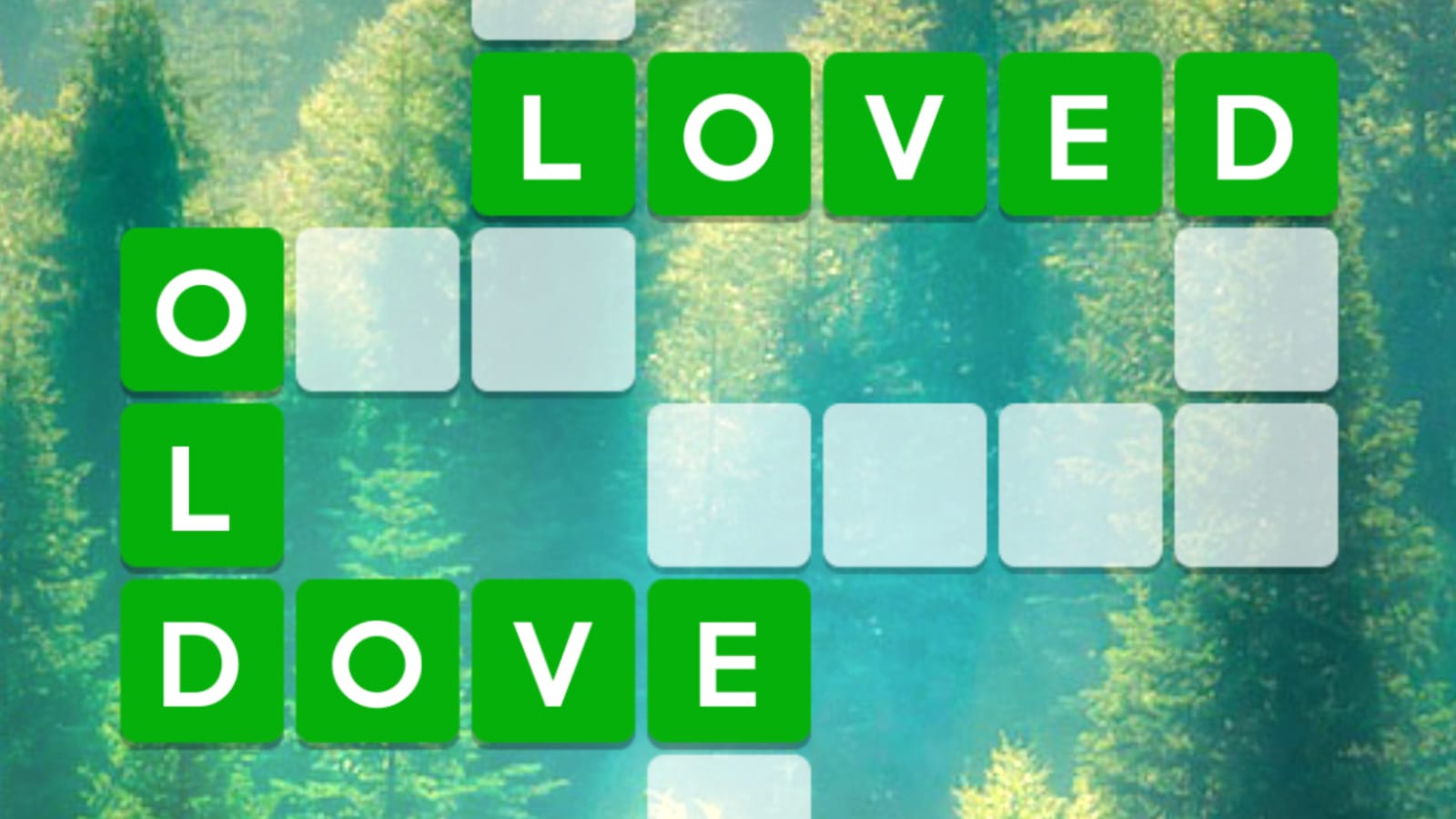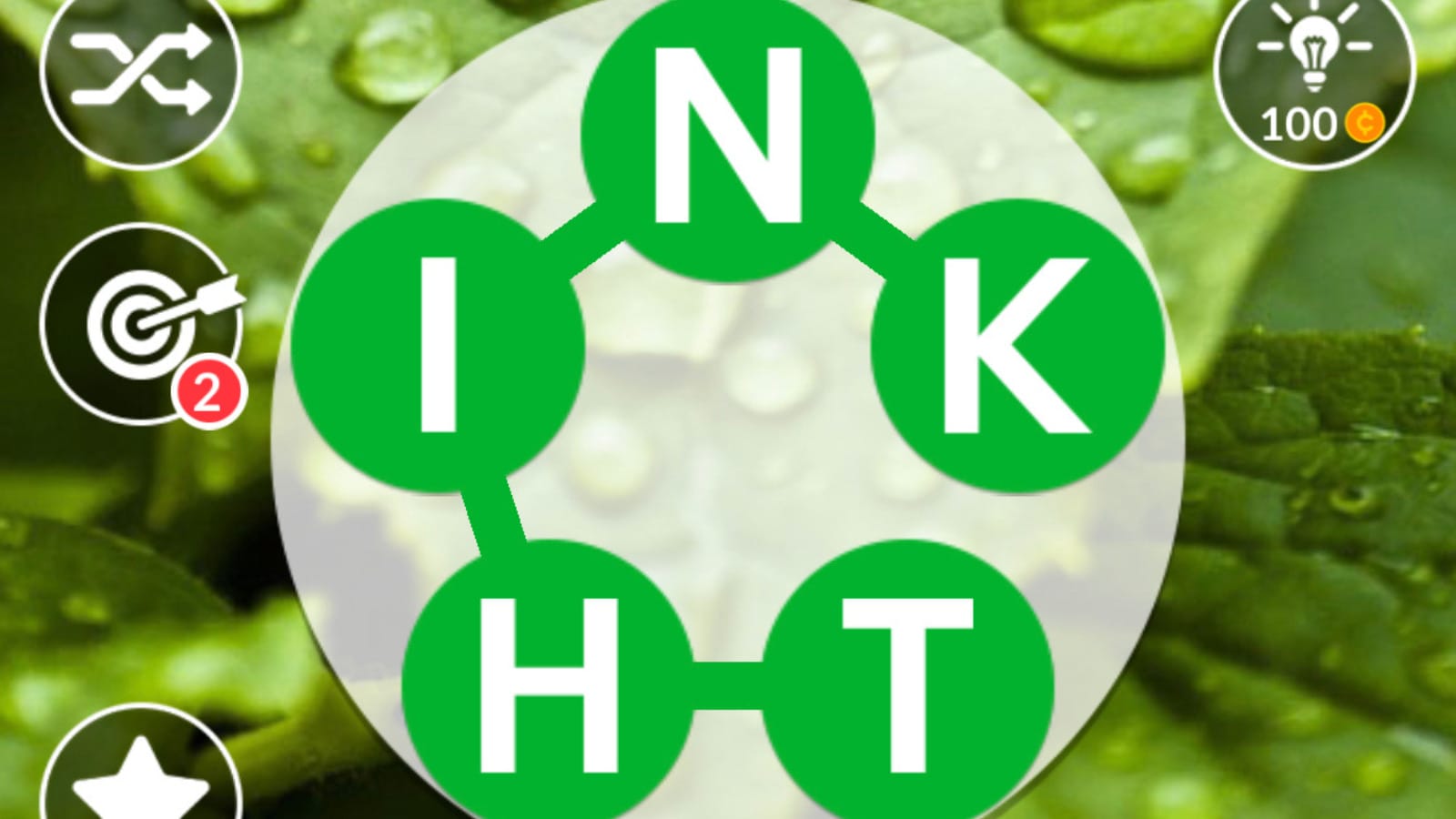December 19, 2022
By Aleta Margolis, Founder and President of Center for Inspired Teaching
Hooray for Monday is a weekly blog filled with questions, ideas, reflections, and actions we can all take to remodel the school experience for students.
You can now listen to Hooray for Monday on Spotify! Check out our podcast here.
I love the game Wordscapes (Google / Apple), and I play it almost every day. If you know the game, you know that it offers you a series of word puzzles, set up like crossword puzzles, in which you have six or seven letters to make a variety of words. Some of the puzzles are straightforward and simple; some are very challenging. You have to solve each puzzle before you move on to the next one. Some days I get through just one or two puzzles. On other days I solve quite a few before I get stuck.

That’s when I step away for the day, when I find myself unable to organize the letters into any more words. When I get to a place where I just can’t solve any more puzzles, I stop playing until the next day.
Here’s an interesting phenomenon I’ve observed. Almost every time I return to Wordscapes, and open the puzzle I left behind the previous day, I’m able to find the missing word within seconds. I’m amazed at how easily I can solve the very same problem that had stumped me the day before.
There’s a scientific explanation for this. When we take a break from focused problem-solving, our brains experience “incubation periods” during which our unconscious brains can work on the problems that our conscious brains struggled to navigate. In other words, when we stop stressing about the problems in front of us, we are actually able to access more of our problem-solving apparatus.

When we have the opportunity to step away from a challenge – whether it’s a word puzzle or a lesson that’s not clicking or a student who’s hard to reach – we tend to come back to it refreshed. Time away offers the gift of new eyes that help us see solutions we missed when we were in the thick of things.
Think of how many problems a teacher solves every single day. (Actually…please don’t think about that! The number would be overwhelming!) Instead, enjoy the upcoming break from teaching, and classroom-based problem-solving. Embrace the gift of stepping back, and the perspective it brings.
Wishing you a winter break filled with incubation, inspiration, and good old-fashioned relaxation.
Resources for Brain Incubation

See with Fresh Eyes
This Inspired Teaching reflection activity walks you through a series of prompts in order to consider your students through a different lens. Now that you’ve gotten to know them pretty well, this opportunity to pause and shift perspective can help reveal new ways to reach them in the new year.
Can Taking a Break Lead to “Aha!” Moments?
Kenneth E. Miller, Psychology Today
“Human beings are great problem-solvers, and our usual problem-solving strategies generally work well for us. But if you find yourself deeply stuck, unable to solve a problem and just getting more frustrated the longer you think about it, stop.”
Study Shows How Taking Short Breaks May Help Our Brains Learn New Skills
National Institutes of Health
“Our results support the idea that wakeful rest plays just as important a role as practice in learning a new skill. It appears to be the period when our brains compress and consolidate memories of what we just practiced.” – Leonardo G. Cohen, M.D.

